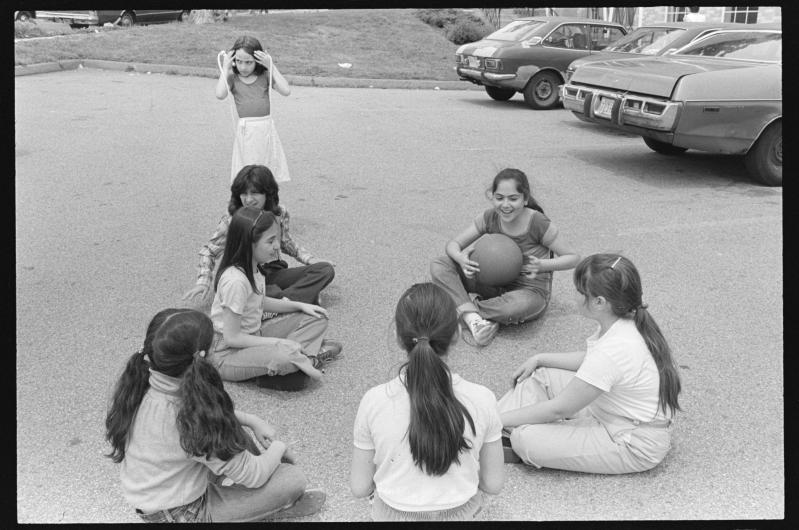Of notions worth reconsidering, surely writing about the school your child attends is one. To plow ahead anyway, Pierson should be commended for telling teenagers to shove it.
Let me rephrase that — for telling them to carefully place their cellphones, still hot from overuse, into those locking, electronics-deadening Yondr pouches for the course of the school day. To encourage educational focus is the idea, in short.
The casual observer may have noticed, speaking of phones, a Washington Post article on this subject popping up in the relentless and not very useful Apple News feed. (If you missed it, don’t worry, it’ll be recycled in two weeks.) It involved a middle school in Connecticut having adopted this practice, and how it’s been a boon.
But you could call Pierson an early adopter, at least around here. There was some fanfare at first, a modicum of hand-wringing, some complaints from students, but let me offer an anecdotal update: It’s made lunchtime more fun. Kids talk. They listen to each other. They laugh in real time. In that dumb yet pertinent phrase, they live in the moment.
On the happy side of the news ledger, this is a rare entry. Thinking about it some more, however, it’s also pretty sad. Here is a window into what’s been lost. And this is all it takes to claw back some sanity? To give teens a safe space, or at least a shot at better mental hygiene, even if only briefly? Why isn’t it done more often?
Phones. Every parent’s favorite Hobson’s choice. Impose a nighttime curfew here, encourage doing something else there, maybe that’s the best that can be hoped for.
There’s really no comparison to watching too much television, as my generation tended to do, but still, I’m reminded of a young guy I met in Alaska in the late 1990s who grew up without one. He had been home-schooled somewhere in the bush outside Fairbanks — just books and nature. He was, as a consequence, brilliant.
I’m sure he went on to make millions in tech.

